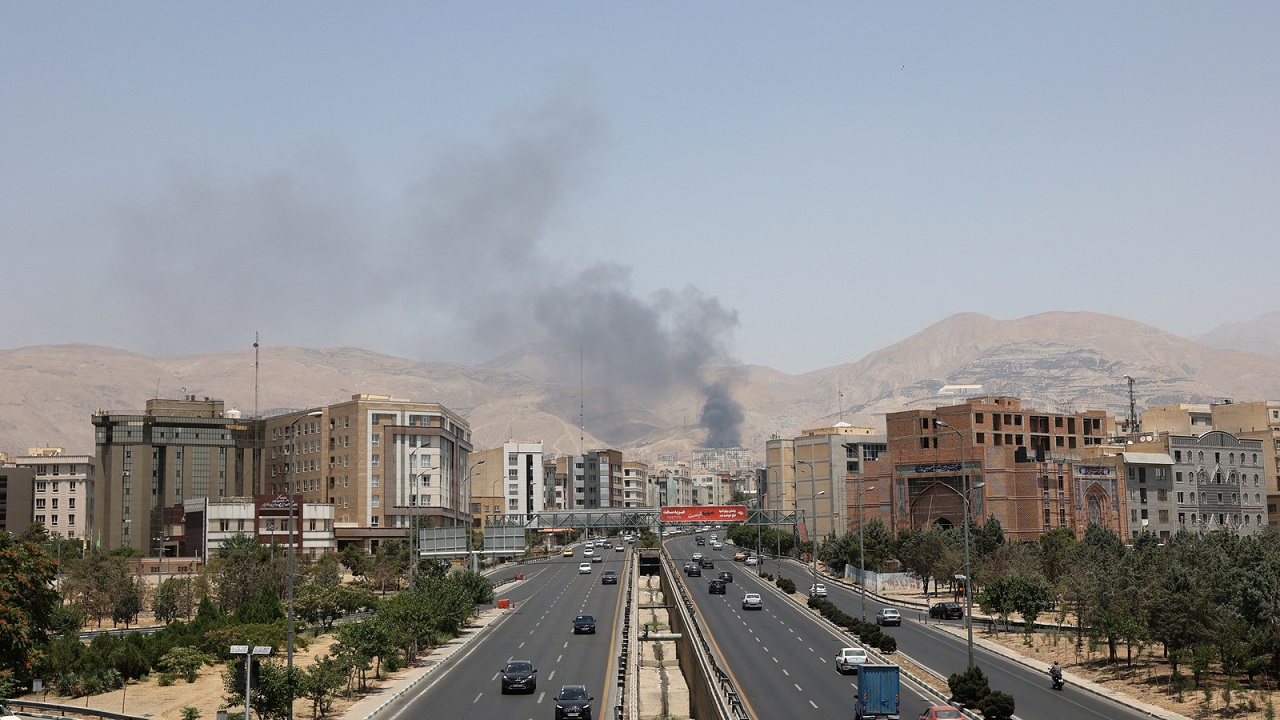Shift of power in Syria
Context: Syrian rebels have taken over the capital, Damascus, effectively ending Bashar al-Assad's rule as president of Syria.
Timeline of the Syrian War
- 2011: Pro-democracy protests during the Arab Spring lead to violent government repression, sparking civil war. The Free Syrian Army (FSA) is formed, and the U.S. and EU call for Assad's resignation.
- 2012: The conflict escalates into a multi-faction civil war, with Russia and Iran backing Assad.
- 2013: Extremist groups, including ISIS, gain territory, raising global concerns.
- 2014: A U.S.-led coalition forms to combat ISIS, while Kurdish forces, notably the YPG, play a significant role in the fight.
- 2015: Russia launches military intervention in Syria to support Assad; Iran increases aid.
- 2016: The Battle for Aleppo ends with Assad regaining control after intense bombardment.
- 2017: U.S. missile strikes follow a chemical attack. Syrian forces, supported by Russia, reclaim eastern territories, and ISIS is pushed back.
- 2018-2021: Assad regains most of Syria with Russian and Iranian aid, though parts remain under rebel control.
- 2024: Rebels take major cities, including Damascus, forcing Assad to flee.
Geographical Overview of Syria
- Location: Middle East, west of Asia.
- Borders: Turkey (north), Iraq (east), Jordan (south), Israel and Lebanon (southwest), Mediterranean Sea (west).
- Significance: Acts as a link between the Levant and the Arab world, historically vital for its cultural, religious, and political importance.
India and Syria
- Friendly Relations: Under Assad, Syria maintained good ties with India, supporting India’s stance on Kashmir and rights to the Golan Heights.
- Strategic Engagement: India avoided sanctions on Syria and supported its sovereignty at the UN.
Impact of the Regime Change
- Geopolitical Shifts: New leadership may alter Syria’s alliances with Russia, Iran, and Turkey, affecting Middle East stability.
- Humanitarian Hope: A new regime could bring changes in human rights policies and initiate reconstruction efforts.
- Regional Dynamics:
- Iran: Loss of Syria weakens its supply routes to Hezbollah.
- Israel: While Assad’s fall is welcomed, challenges arise with the rebel group’s extremist affiliations.
- Turkey: Faces uncertainty as Kurdish forces might exploit the power vacuum near its borders.
This transition marks a significant shift in Middle Eastern geopolitics, with both risks and opportunities for regional and global players.


.png)
.jpg)
Comments (0)